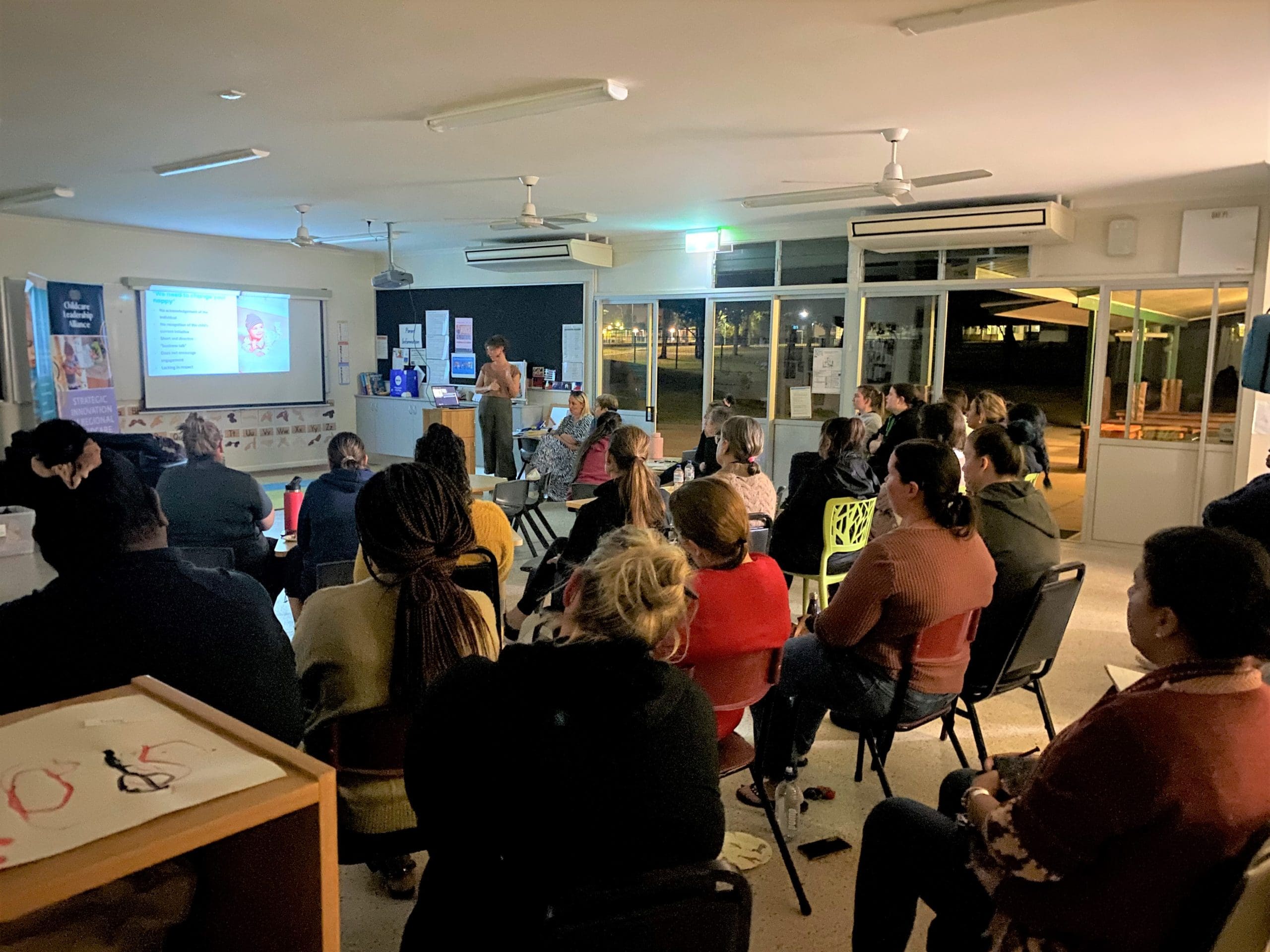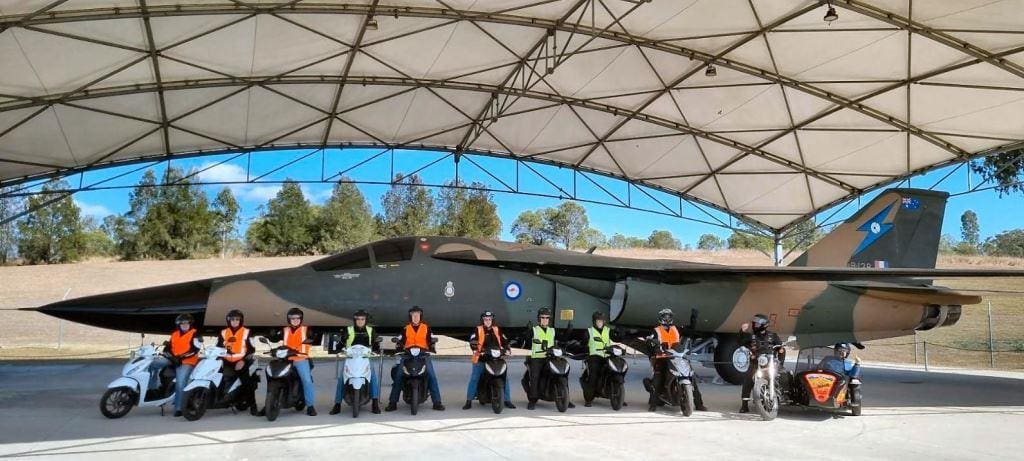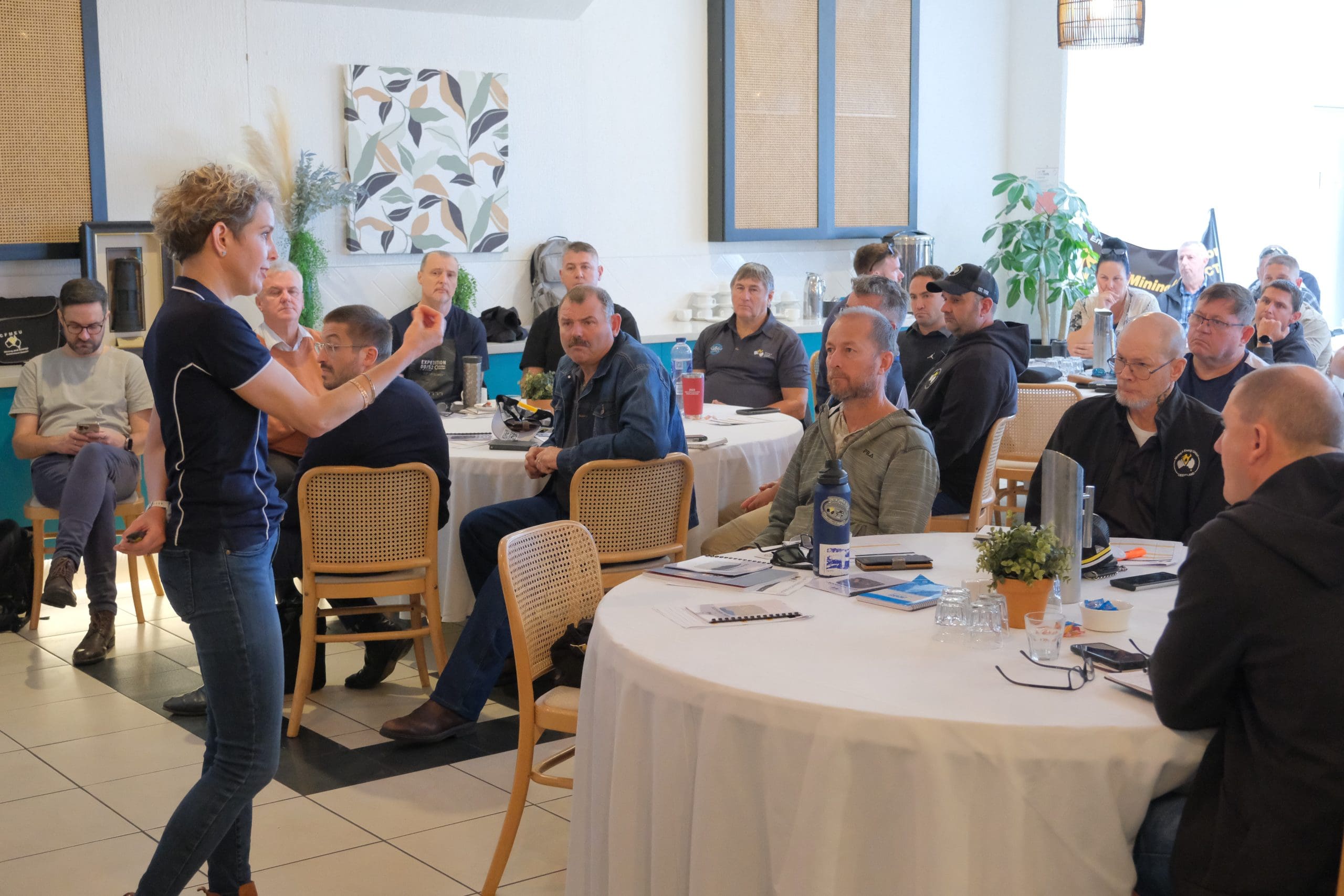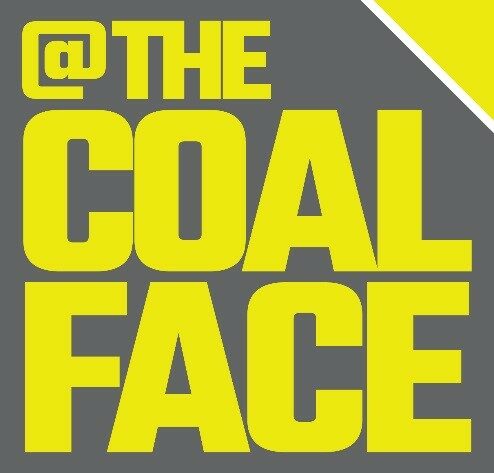What if you could retrieve rare and precious metals from mining waste and abandoned mine sites? Capture methane emissions and transform them into valuable products, or permanently sequester greenhouse gas emissions? These are not pipe dreams but just a taste of what synthetic biology has to offer the mining industry.
Synthetic biology involves supercharging and redesigning organisms for useful purposes by engineering them to have new abilities. At the ARC Centre of Excellence in Synthetic Biology (CoESB), scientists are working to find solutions for some of our planet’s biggest problems through the application of synthetic biology. They are also working on solving some of the mining industry’s biggest challenges.
Dr Denys Villa Gomez is an Associate Investigator at the Centre and has embarked on a three-year research project to use synthetic biology to retrieve rare and precious metals, as well as to provide sustainable treatment processes for better mine-closure planning.
The mining industry generates massive amounts of mine waste and wastewater which has untapped resources waiting to be recovered. The Centre’s research is aimed at establishing the biomining processes and biomaterials needed to recover these resources, reduce the amount of waste material, and even transform the waste into a resource.
“What we are doing is using the biological parts of microbes – such as the proteins – and then using the materials that they produce as factories for producing biomaterials that can sequester metals,” Dr Villa Gomez said.
“The first step is the identification and creation of a database of proteins that can serve as biomaterial for sequestering or absorbing metals. The next stage is producing these proteins and testing them to determine the best candidates.
“Another avenue of the project is to mollify the strains we are working on in order for them to be resistant to harsh conditions, such as the high pH and high salinity such as you find in mining industry tailings.”
In addition, the project is looking at a range of systems across the mining industry that could be more sustainable and finding options and alternatives where if biological processes are introduced, mines will be able to operate at more optimal conditions.

“Whether we are talking about mineral processing, the stages for metal extraction that are already being used in the industry, or we are talking about processing materials that haven’t been extracted from waste, we need to think about all the steps where energy and chemicals can be reduced.
“The processes we are developing can tackle everything by giving us a technology that with some specifications can be used in different environments. By the end of the project we will have the proteins required for extracting critical metals. We will also have synthetic communities to help remediate the environment and rehabilitate the mine.”
Another application for these microbes in the mining industry is the sequestration or transformation of greenhouse gases. For example, in the coal mining industry methane is emitted either in the process of extracting coal or in waste. By using synthetic biology, it is possible to extract the methane and then transform it into valuable products such as chemicals or fertilisers.
Working with Dr Villa Gomez is long-time collaborator, Chief Investigator Associate Professor Esteban Marcellin, and he is urging the mining industry to sit up and take notice.
“What the mining industry should know is that synthetic biology is going to come and disrupt the sector. The latest CSIRO report on synthetic biology estimated by 2040 there is a potential of $30 billion in annual revenue and that translates to 50 thousand jobs. If the mining sector doesn’t come to the party, they will miss out.
“In February, we held a forum for the mining industry where we presented the possibilities of what synthetic biology can do for the industry. The message that it is important for the industry to know is that synthetic biology means business and there is a lot of money to be made from adopting and developing these technologies. It’s not just about licence to operate or getting to net zero, it’s also about the financial opportunities available.”
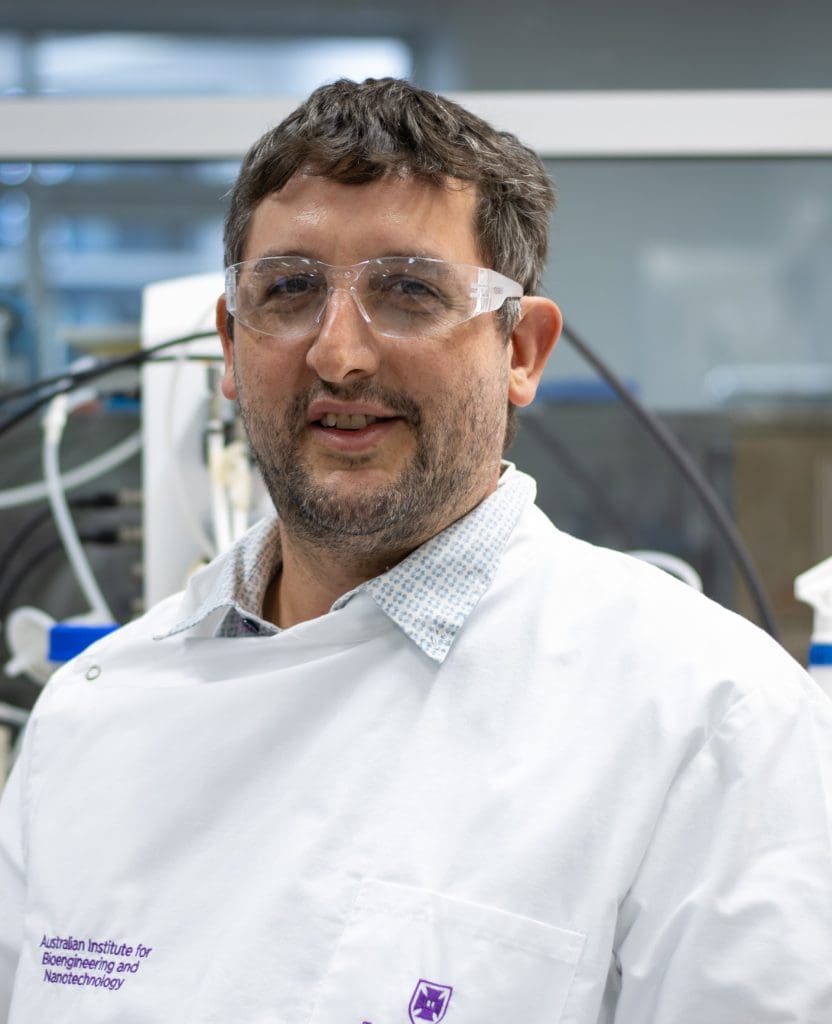
Dr Villa Gomez said that they have several projects already going with mining companies because there is a higher level of trust in using microbes and companies want to be involved in the transformation of the industry.
“Bio mining has been around for many years; it just has not been accelerated as it should be. It’s time for people to understand that synthetic biology is a gamechanger.”







